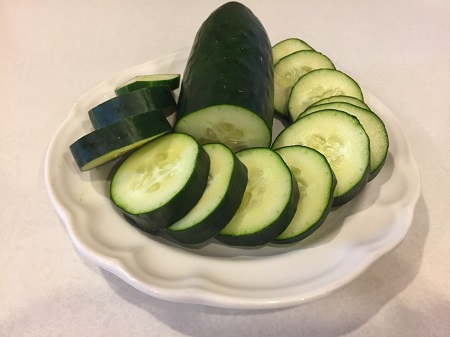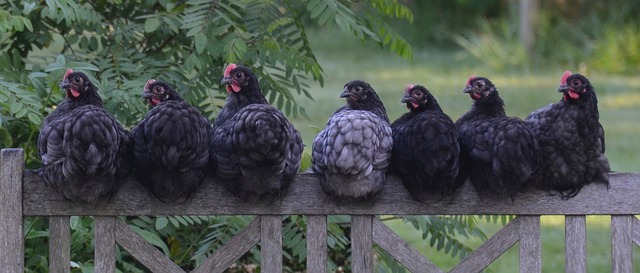You Made Your Bed, You Must Lie in It
 You made your bed, you must lie in it has nothing to do with making a bed. The expression focuses on behavior.
You made your bed, you must lie in it has nothing to do with making a bed. The expression focuses on behavior.
You have to live with the results of what you do.
- Good choices bring good results.
- Bad choices bring bad results.
If you cause problems, expect problems in your life. If you share joy, expect joy in return.
Of course, exceptions to the rule occur. However, you usually experience the natural or logical effects of your actions. You did it, so you must live with it.
Several expressions have the same meaning.
Whether you talk about beds, gardens, music, or chickens, the message remains the same. For the best life, make the best choices.
“When you see trouble coming, don’t be stupid and walk right into it— be smart and hide” (Proverbs 22:3 CEV).
Thanks to Bonnie Alley for the suggestion.
Do you have an expression you want explained or a thought about this one? If so, please comment below.
Subscribe to receive my weekly posts by email and receive a free copy of “Words of Hope for Days that Hurt.”
If you enjoyed this post, please share it with your friends.
 Some people stay cool as a cucumber.
Some people stay cool as a cucumber. My friend Phyllis recently had an ox in the ditch. She and her husband dressed for church. Then they noticed a cow having trouble birthing its calf. Their cow needed help. Putting
My friend Phyllis recently had an ox in the ditch. She and her husband dressed for church. Then they noticed a cow having trouble birthing its calf. Their cow needed help. Putting  Chickens come home to roost.
Chickens come home to roost. I have heard third time’s a charm all my life. Like many older expressions, I could not find its origin.
I have heard third time’s a charm all my life. Like many older expressions, I could not find its origin. Above all, I depend on guidance from my never-failing God.
Above all, I depend on guidance from my never-failing God. Joe Hill wrote about pie in the sky in his 1911 song,
Joe Hill wrote about pie in the sky in his 1911 song,  No holds barred means no rules.
No holds barred means no rules. Teetotal means total or complete.
Teetotal means total or complete.  Congratulations to Harriet Michael, whose name was randomly drawn from my blog subscribers for a free copy of “Easter Reflections.”
Congratulations to Harriet Michael, whose name was randomly drawn from my blog subscribers for a free copy of “Easter Reflections.”  Down to the wire means the last instant.
Down to the wire means the last instant. We do well if we think before we speak.
We do well if we think before we speak.